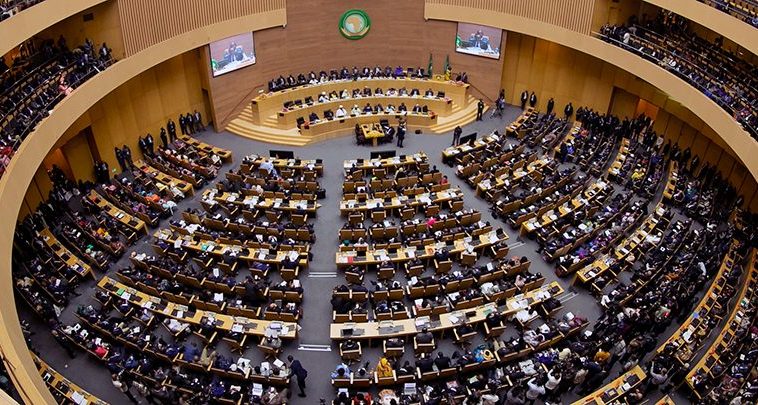For decades, medical tourism- the practice of seeking medical treatment abroad has flourished as a lucrative industry. Patients worldwide have frequented destinations like Thailand, India, and Singapore in pursuit of affordable, high-quality healthcare. However, a new trend is emerging as Africa is swiftly positioning itself as a viable contender in the medical tourism arena.
Africa offers several reasons for medical tourists to consider it as a destination for medical procedures. Cost-effectiveness is a key factor, with medical procedures in Africa often costing significantly less than those in developed countries. For example, a heart bypass surgery in South Africa could be available for a fraction of the cost in the United States. Africa also has a growing pool of skilled professionals, many of whom have received training in Europe, the United States, or other developed nations. Modern facilities, such as Morocco’s Mohammed VI University Hospital Center, offer advanced diagnostic and treatment services, including robotic surgery. Africa also offers unique treatment options, such as traditional healing retreats that blend indigenous practices with modern medical consultations. Overall, Africa offers a unique and cost-effective healthcare experience for medical tourists.
However, medical tourism across Africa isn’t uniform. Several countries are emerging as regional healthcare hubs:
South Africa: Leading the continent in medical tourism, South Africa offers a blend of affordability, top-tier medical facilities, and diverse tourism attractions. Cape Town, in particular, is renowned for its scenic beauty and excellent healthcare options.
Tunisia: Positioned in North Africa, Tunisia offers a mix of affordability, cultural experiences, and quality medical care. The nation specializes in cosmetic surgery, fertility treatments, and wellness programs.
Morocco: A favored tourist destination, Morocco also attracts medical tourists seeking affordable cosmetic procedures, dental care, and orthopedic surgeries. Its proximity to Europe adds to its appeal for patients from the continent.
Kenya: Serving as East Africa’s medical tourism hub, Kenya provides a combination of affordability, skilled professionals, and access to safari experiences. The country is noted for its expertise in cardiology, oncology, and orthopedic surgery.
Successful Medical Tourism Initiatives in Africa
India-Africa Healthcare Partnership (IAHP): The IAHP, launched in 2007, aims to strengthen healthcare collaboration between India and African countries through capacity building, technology transfer, and knowledge exchange. Under this initiative, Indian healthcare providers have partnered with African hospitals to provide specialized medical services, training programs for healthcare professionals, and telemedicine consultations, enhancing access to quality healthcare in Africa.
Kenya Healthcare Federation (KHF): The KHF is a private sector-led initiative that promotes collaboration among healthcare stakeholders in Kenya to improve healthcare delivery and attract medical tourists. Through strategic partnerships with international healthcare providers, advocacy for policy reforms, and investment in healthcare infrastructure, the KHF has positioned Kenya as a leading destination for medical tourism in East Africa.
Egyptian Health Tourism Association (EHTA): The EHTA is an industry association that promotes Egypt as a premier destination for medical tourism, leveraging the country’s rich history, cultural heritage, and advanced healthcare facilities. Through marketing campaigns, promotional events, and partnerships with travel agencies and healthcare providers, the EHTA has successfully attracted medical tourists from Europe, the Middle East, and Africa seeking a wide range of medical services, including cosmetic surgery, fertility treatments, and cardiac care.
South Africa Medical Tourism Association (SAMTA): SAMTA is a non-profit organization that represents the interests of medical tourism stakeholders in South Africa, including healthcare providers, tourism operators, and government agencies. Through advocacy, research, and capacity-building initiatives, SAMTA aims to position South Africa as a leading destination for medical tourism in Africa, capitalizing on the country’s world-class medical facilities, skilled healthcare professionals, and diverse tourism offerings.
Africa can become a major player in the global medical tourism market by addressing challenges and capitalizing on its strengths. Key focus areas include investing in healthcare infrastructure, promoting medical tourism through marketing campaigns, strengthening regulation through robust frameworks and accreditation systems, and improving patient experience.
Medical tourism not only presents an economic opportunity but also a catalyst for healthcare improvement. By attracting patients and generating revenue, the sector can contribute to investments in infrastructure, medical research, and professional training. As Africa develops its medical tourism industry, it can become a global healthcare destination and foster a stronger, more advanced healthcare system for its citizens. This can lead to improved health outcomes, a healthier population, and a brighter future for all of Africa.


